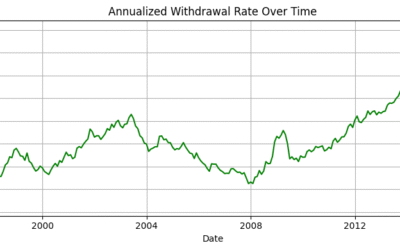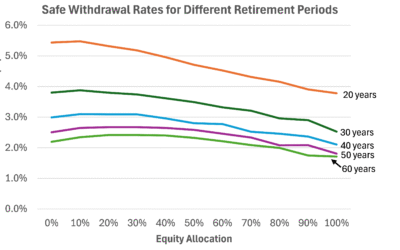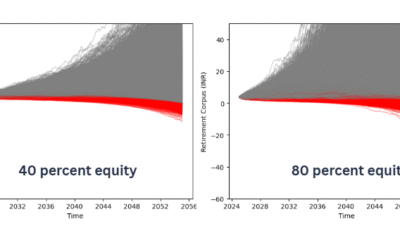In Part I we defined debt and equity investments. In this part, we discuss the question that many of you have – how much of my savings should I invest in debt products and how much in equity?
In this video, we address the classic question: How do I decide whether to invest in debt or equity? This video is a continuation of our earlier video where we define debt and equity investments. So please watch Part I first.
There are three factors which you should pay close attention to when deciding whether to invest in debt or equity.
First, and the most important is the FINANCIAL GOAL for which you are investing. The second determinant is your AGE, and the third, your RISK PROFILE.
Let us first look at the most important determinant, which is the financial goal for which you are investing. One simple rule of thumb that you can use to guide you is if you are investing for a long-term goal, you should invest in equity, and if it is short term, you should invest in debt.
A simple enough rule, but there is a small complication. What does long term really mean? Is it 3 years or 5 years. Based on Samasthiti’s research, long term when it comes to investing in equity is – hold your breath- at least 10 years. We strongly advise that you should not invest in equity if you cannot remain invested in it for at least 10 years – yes that’s at least a decade! In case you want to know why, read about it here.
As we discussed in Part I, the value of your equity investments can go up or down depending on several factors. Which is why investing in equity is risky. However, this risk is reduced when we invest in equity for a long time-period, and longer the time-period, lower is the risk.
So, use our super cool rule of thumb – if you have a financial goal which is at least 10 years away, you can use equity in your investments.
But please do remember, when it comes to equity, there is no guarantee. You can lose money in equity investments even if you invest for 10 years, it’s just that the possibility of that happening is low. And this uncertainty is the price you pay for trying to earn higher returns in equity.
So, that’s on equity. And now that we have discussed equity, I guess we have an answer already for when to use debt.
Yes, no prizes for guessing! You should use debt investments for meeting short term financial goals. So, if you have a financial goal coming up say over the next 5 years, you should use debt investments. The reason is obvious – because the goal is a short term goal, you cannot use equity as in the short term its value fluctuates a lot, and hence you should use debt investments.
So, it’s pretty simple – for short term goals, where equity investments are not suitable, use debt investments.
If you are thinking, that’s fine – while we should use debt investments for short term goals, but can we also use debt investments for long term goals? Yes, you can, after all, debt investments are more comforting than equity right? However, you should avoid using debt investments for long term goals, because debt investments usually earn lower returns than equity, and for wealth creation over a long period, equity is a better investment.
The second factor which determines the share of equity and debt in your portfolio is your age. When you are young, common financial goals like retirement, children’s education, buying a house, etc., could be many years away. Hence, a young investor can have a pre-dominantly equity portfolio. On the other hand, if you are older, or your children will be going to college soon, or you are approaching your retirement, the share of equity in your portfolio should be low and you should be investing in debt.
You cannot afford to invest in risky assets if you are closer to realizing your financial goals. This is why we advise our clients to gradually shift their investments from equity to debt as they approach closer to their financial goal.
The third factor is your risk appetite. Now, irrespective of what any rule specifies about how much you should invest in debt or equity, it can be superseded by your risk appetite. So, if keeping the share of equity high in your portfolio gives you sleepless nights, you should moderate your equity exposure. Never forget – the best investment strategy is the one that lets you snore at night!
Hence, the ideal equity and debt ratio can be arrived at based on your financial goals, your age and your risk preference.
That brings us to the end of this note. Until next time, when we will discuss the specific products within debt and equity investments that you can explore!







0 Comments